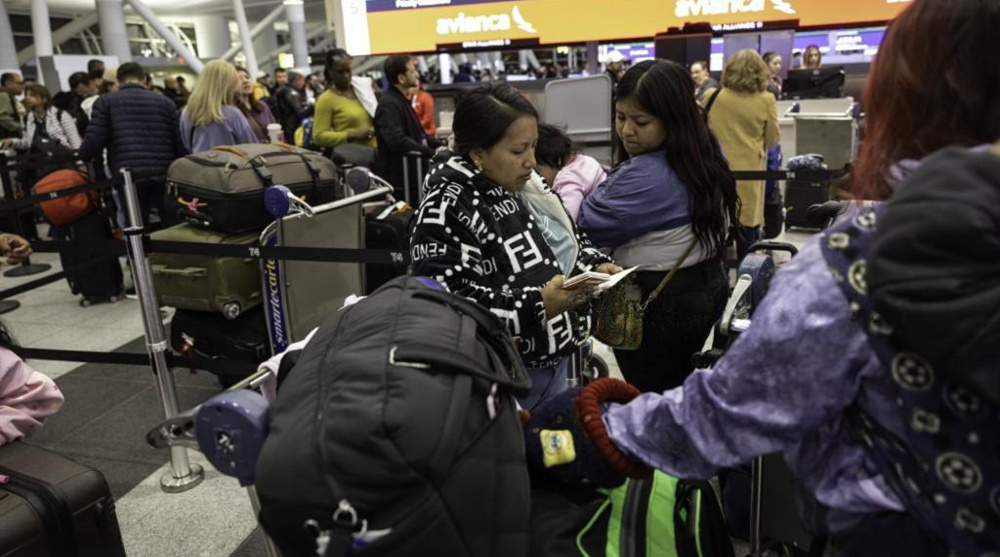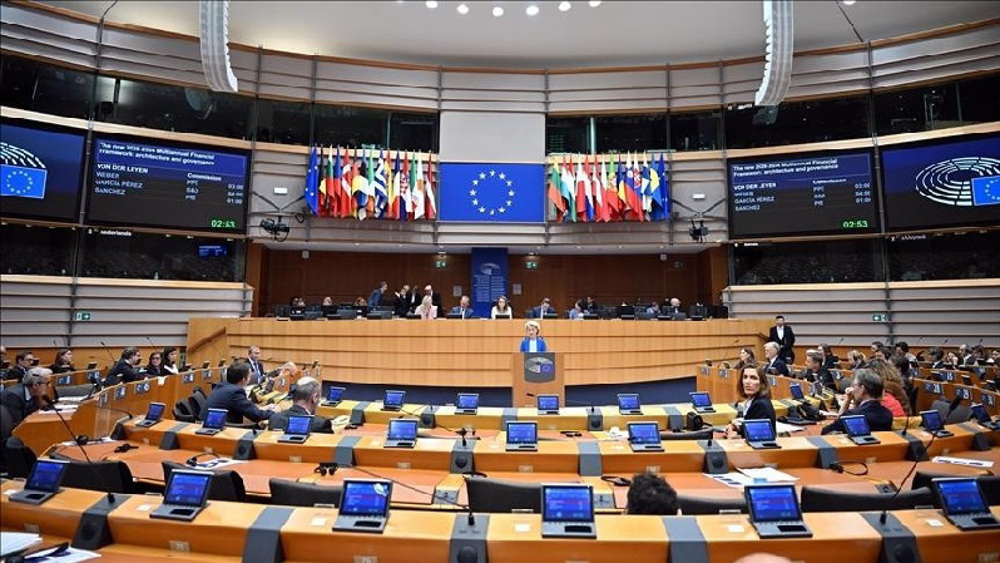Obama hiding Gitmo force-feeding videos: Report
The Obama Administration is still refraining from releasing force-feeding videos of Guantanamo detainee Abu Wa-el Dhiab, a report says.
A federal judge, who criticized lawyers representing the Obama administration for repeatedly refusing to release the videos, has ordered the federal government to complete redactions to the videos by the end of September.
US District Judge Gladys Kessler issued her order Friday a day after she blasted Justice Department lawyers in court for repeatedly procrastinating the process of redacting the videos, according to the Huffington Post.
On Thursday, Kessler said in court that "the government has fought at every single step at the advancement of this case."
The US government has previously decided to appeal her previous order on speeding up the redaction and releasing the videos.
On Friday, she said the only consistent thing "about the Government's position has been its constant plea for more time."
She noted that the US government is saying it would take months to redact the videos despite all available resources.
"At its new rate, it would take the Government 148 days -- six times the period the Government itself initially stated -- to process the 32 videos that it had previously said could be redacted in just 25 business days," she wrote.
However, now the government is indicating that it needs over 13 business days just to redact one hour of footage, she added.
She said that these videos, requested by at least 16 news organizations, would create a “completely different climate.”
Apparently, the videos are so disturbing that the US government believes would lead to attacks on United States personnel.
A lawyer for Dhiab, who had been protesting against the conditions of his confinement at Guantanamo, said she had difficulty sleeping after watching those "grim" videos showing her client being force-fed, described by the government as "enteral feeding."
Dhiab, a 46-year-old originally from Syria, was in Guantanamo prison for about 12 years without any charges. He was finally released months ago and was sent to Uruguay.
Washington says the prisoners at the facility are terror suspects, but has not pressed charges against most of them in any court.
Many detainees have gone on hunger strikes to protest their conditions at the prison, set up after the September 11, 2001 attacks.
Iran-US negotiators take break in Geneva, talks to resume
VIDEO | ‘Clear stance’: Iran reiterates its nuclear rights as per NPT, intl. law
Press group: Israel accountable for two-thirds of 129 journalist fatalities in 2025
Iran summons Dutch ambassador to protest diplomat’s smuggling attempt
Iran’s rejection of nuclear weapons based on religious beliefs: Pezeshkian
'Profound moral decline': Netizens blast Modi for whitewashing genocide in Knesset speech
VIDEO | Venezuela launches 'love is rewarded with love' campaign in solidarity with Cuban people
In longest-ever State of Union address, Trump tries in vain to convince nation US is 'winning'










 This makes it easy to access the Press TV website
This makes it easy to access the Press TV website